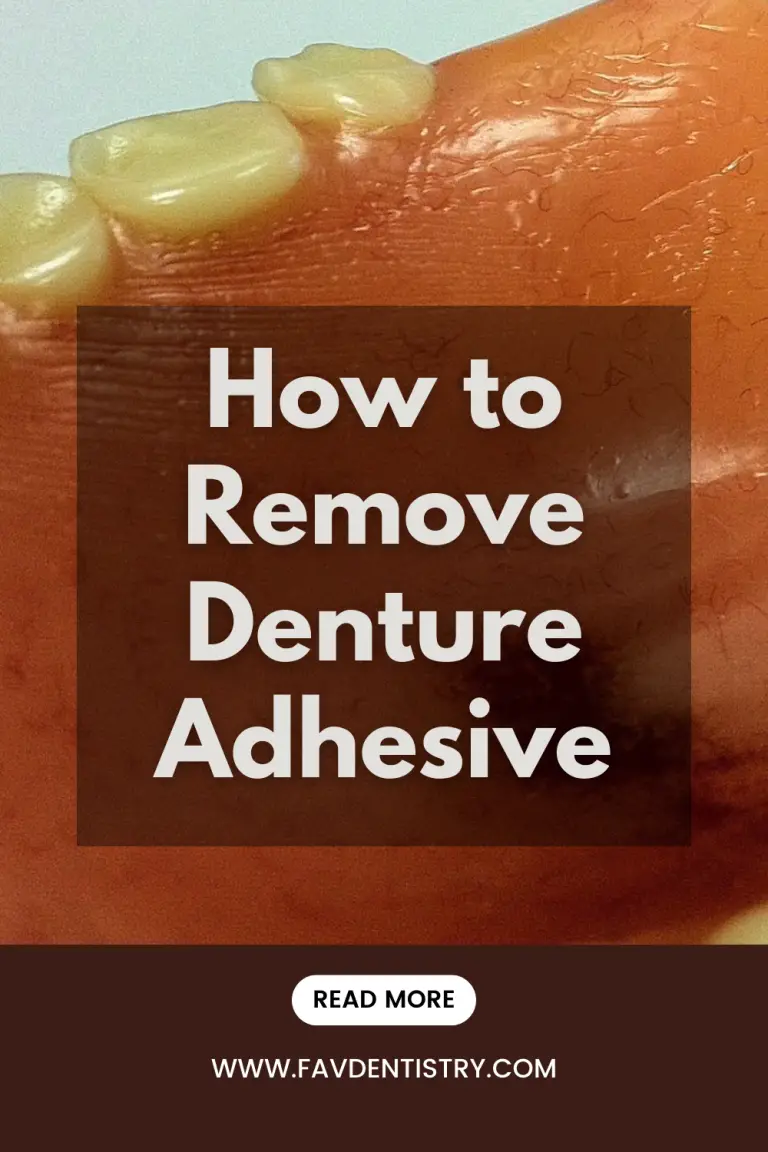Partial Dentures for Back Teeth?
Last Updated on 6 months by DR. ALBIN SIPES
If you are missing teeth in the back of your mouth and considering partial dentures, you should know a few things. Partial dentures can effectively replace missing teeth, but they require some adjustment and care. Here’s what you need to know about partial dentures for back teeth.
Are you needing dentures but are worried about how they will look? If you are, you may consider partial dentures for your back teeth. Partial dentures are an excellent option for those who want to keep their natural smile while getting the benefits of dentures.
Here are a few things to consider if you are thinking about partial dentures for your back teeth:
1. What is the cost? Partial dentures can range in price depending on the materials used and the complexity of the design. Be sure to consult with your dentist to get an accurate estimate.
2. How long will they last? The answer is not selected. If you take good care, it can last many years. However, it is essential to note that they may need to be replaced or repaired over time as your mouth changes shape.
3. What is the process like? Getting partial Dentures usually requires two or three visits to the dentist. During these visits, impressions of your mouth will be made and used to create a custom-fit set of Dentures. Once they’re ready, you’ll return for a fitting and then have them trimmed and polished as needed.
Can a Partial Be Made for Back Teeth?
Yes, a partial denture can be made for back teeth. It is typically done when only a few missing teeth are in the back of the mouth. The partial will have clasps that attach to the remaining natural teeth and fill in the gaps where the teeth are missing. Partial dentures are usually made out of acrylic or metal.
They can be removable or fixed (permanent). Fixed partial dentures are bonded to the natural teeth with special dental cement.
In Partial Denture, How Many Teeth Do You Need?
Partial dentures are custom-made to fit your smile and replace one or more missing teeth. They’re usually made of acrylic or metal, resting on your gums and remaining natural teeth. If you’re considering a partial denture, you may wonder how many teeth you need to be removed to make room for the appliance.
The answer depends on several factors, including the type of partial denture you choose and the condition of your mouth. Conventional Partial Dentures A traditional partial denture consists of replacement teeth attached to a pink or gum-colored base.
This type of partial is held in place by clasps that attach to your natural teeth. For a conventional partial denture to fit correctly, healthy teeth must be present on either side of the space left by the missing tooth (or teeth). These anchoring teeth must be strong enough to support the clasp without damaging them.
In some cases, modifying the existing anchor teeth to support a clasp may be possible. However, this isn’t always an option — if the anchor teeth are too damaged or decayed, they may need to be extracted before you can get a partial denture. If all of your remaining natural teeth are unsuitable for supporting a clasp, you may need to consider an alternative type of partial denture (see below).
Retained Partial Dentures A partial denture has special attachments that “lock” onto adjacent crowns (caps) placed over natural anchor teeth. Because these attachments do not rely on clasps for support, fewer teeth need to remain intact to fit retained partial dentures properly; however, at least two abutment crowns are required for each retained partial denture arch (upper or lower jaw).
What Can Be Done for Missing Back Teeth?
If you are missing back teeth, there are several options for replacement. Dental implants are the most permanent and natural-looking solution, but they can be costly and require surgery. A less expensive option is a removable dental bridge, which consists of false teeth attached to metal or acrylic bases.
This type of bridge can be cleaned and is less intense than implant-supported. Another option is a denture, a removable appliance that replaces all missing teeth in your upper or lower jaw. Dentures must be custom-made to fit your mouth and gums snugly, and they may need to be relined periodically as your mouth changes shape with age.
What are the Disadvantages of Partial Dentures?
Patients should be aware of a few disadvantages to partial dentures before deciding if this is the right treatment option for them. One of the main disadvantages is that partial dentures can be uncomfortable to wear, especially when eating and talking. They can also cause gum irritation and soreness.
Additionally, partial dentures can make cleaning your natural teeth difficult and lead to an increased risk of tooth decay and gum disease.
Partial Dentures for Back Teeth on One Side
If you have lost teeth in the back of your mouth on one side, you may consider getting a partial denture. A partial denture is a removable appliance that replaces missing teeth and helps to prevent your other teeth from shifting out of place. Partial dentures are often made of acrylic or metal and can be customized to match the color of your natural teeth.
They typically consist of replacement teeth attached to a pink base, which is then held in place by clasps that fit around your remaining natural teeth. If you are considering getting a partial denture, it’s essential to consult with a dentist or prosthodontist to discuss whether this is the right option for you. They will consider factors such as the number of missing teeth, the position of your remaining natural teeth, and overall oral health.
Partial Dentures for Bottom Back Teeth
If you’re missing teeth in the back of your mouth, partial dentures may be a good option. Partial dentures are false teeth that fill in the gaps left by missing teeth. They attach to your natural teeth and help to improve your chewing and speaking ability.
Partial dentures can be made from various materials, including metal, plastic, or acrylic. They’re usually custom-made to fit your mouth and match the color of your natural teeth. Partial dentures must be replaced every 5-10 years as your mouth changes shape.
If you’re considering partial dentures, it’s essential to consult with a dentist or prosthodontist to see if they’re right for you. They can help you choose the suitable material and design for your needs and ensure the denture fits properly.
No Back Teeth, What are My Options?
If you’re missing all your back teeth, you have a few different options for replacement. You can choose to have implants placed and either get dentures or bridges, or you can get an implant-supported full-arch bridge. If you opt for dental implants, you must have at least four implants placed in your jawbone.
These will act as anchors for your new teeth. Once the implants are in place and have healed, you can get dentures or a bridge. Dentures will rest on the implants, while a bridge will be attached.
If you go with an implant-supported full arch bridge, also known as an all-on-four dental prosthesis, you’ll again need at least four implants placed in your jawbone. But instead of getting separate dentures or a bridge, you’ll get a single piece that replaces all your upper or lower teeth. It is an excellent option if you want to avoid having any removable teeth.
Regardless of your choice, talk to your dentist about what’s best for your situation.
Flexible Partial Dentures for Back Teeth?
There are a few partial dentures, but a flexible partial denture is often used for back teeth. This type of denture is made from a thin, pliable material that can conform to the contours of your mouth and provide a comfortable fit. Flexible partial dentures are also less likely to irritate your mouth’s gums and other tissues.
If you are missing one or more back teeth, a flexible partial denture may be an option. Your dentist will take impressions of your teeth and jawbone to create a model of your mouth. From this model, they will design and fabricate your custom-made partial denture.
The pontics are usually made from acrylic or nylon and are attached to the base with metal clasps or brackets. In some cases, the politics may be bonded directly to the remaining natural teeth (abutment teeth).
Once your flexible partial denture is complete, you must return to the dentist for periodic adjustments and relining. Proper care and cleaning allow your loose partial denture to last many years.
Partial Dentures for Back Teeth Near Me?
If you’re missing teeth in the back of your mouth and looking for a partial denture near you, remember a few things. First, partial dentures can be made from different materials, including plastic or metal. Second, they can be attached to your natural teeth with clasps or by bonding.
And finally, partial dentures should be replaced every five to seven years. When choosing a partial denture near you, finding one that fits well and is comfortable to wear is essential. It’s also vital to ensure the partial denture is made from durable materials that will last.
Ask your dentist for more information if you have any questions about partial dentures.
With No Back Teeth Can Partial Dentures Possible?
If you’re considering dentures but are worried about losing all your back teeth, you may wonder if partial dentures are an option. The short answer is yes, you can get partial dentures even if you don’t have any back teeth.
Partial dentures are made to support your natural teeth. If you don’t have any back teeth, your partial denture will need to be supported by your front teeth. While this is technically possible, there are better options for dental health.
Front teeth are not as strong as back teeth and are more likely to become loose over time. Another thing to consider is that it will be more challenging to keep your partial denture in place without any back teeth. You may have to use adhesives or other methods to keep it from moving around in your mouth.
Getting partial dentures with no back teeth is possible, but it’s not always the best idea. If you’re considering this option, talk to your dentist first so they can help you weigh the pros and cons and decide what’s best for your situation.
Conclusion
You may be wondering if partial dentures are a good option for you. Partial dentures are a great way to replace missing teeth and can help restore your smile.
However, a few things to consider before getting partial dentures are whether they will be comfortable and how well they will match your natural teeth.


